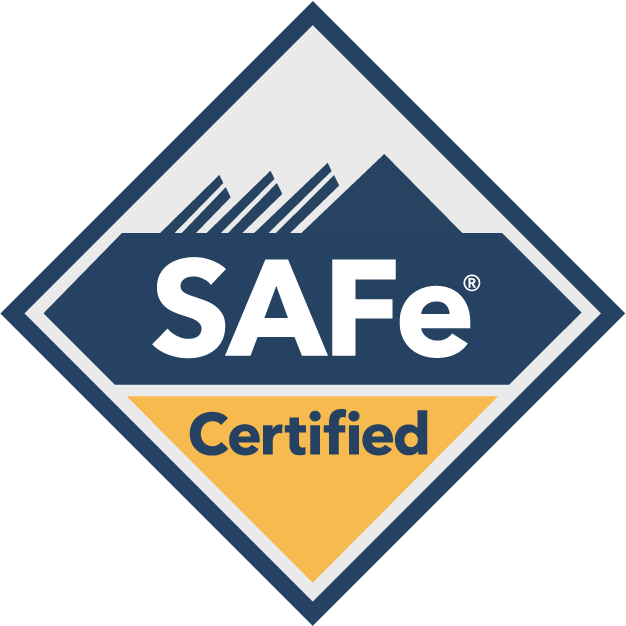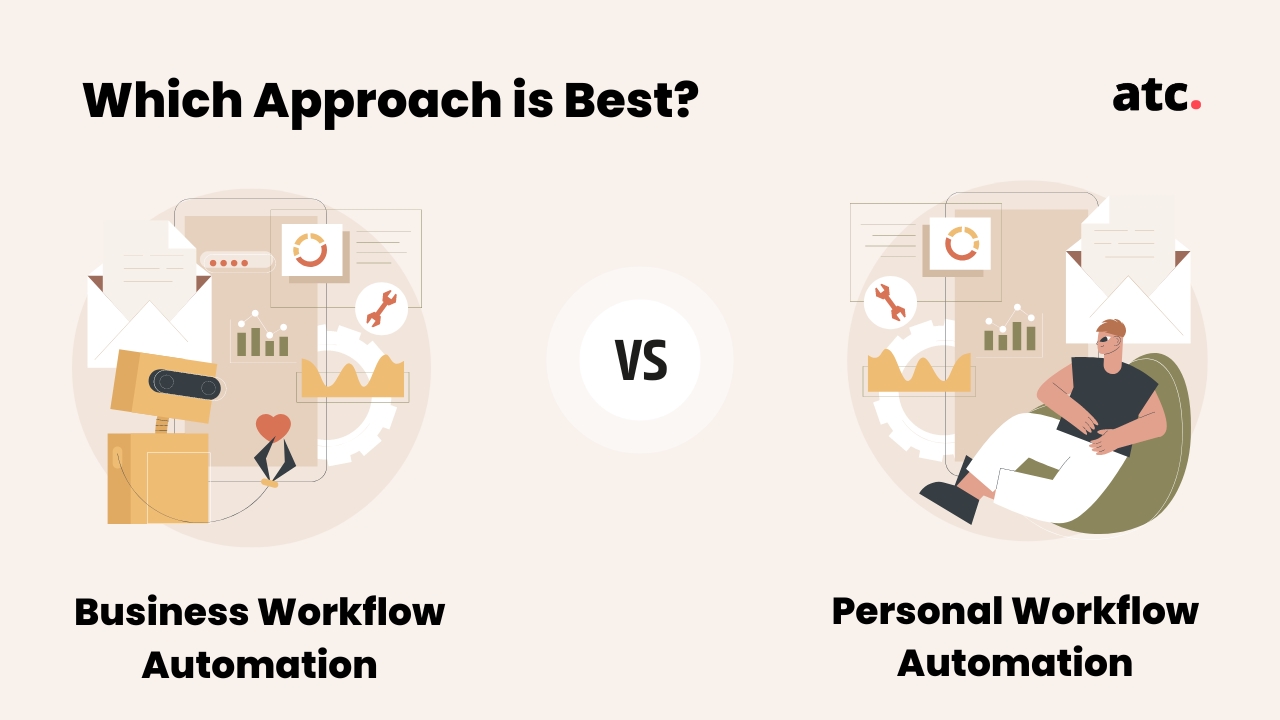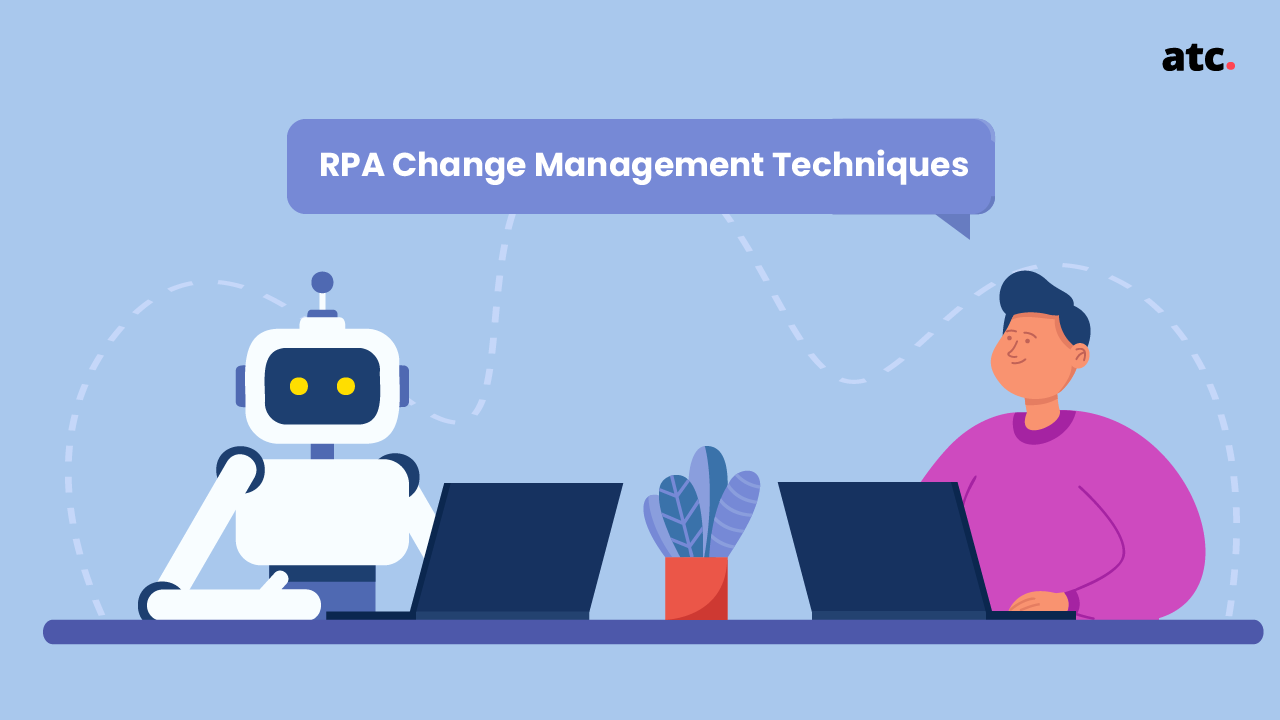Subscribe to the blog
Most businesses grapple with a fundamental question: Whether to automate or not to automate their business processes?
According to a study by Gartner, the RPA industry is one of the fastest-growing segments in the global enterprise software market. RPA can automate repetitive tasks, improve quality and productivity, and reduce costs. But a lack of knowledge about recent RPA industry trends may restrict you from harnessing the full potential of this technology.
In this post, you will deep-dive into RPA industry trends and how it is impacting key industries by accelerating digital transformation.
Top 3 Use-Cases of RPA
Organizations tend to think about improving business processes too incrementally. But rapid digital transformation has forced businesses to move out of their comfort zones and become future-ready.
In a market that rewards customer experiences, robotic process automation (RPA) tools have become more of a necessity than a luxury. A strategic approach to automation can help you run end-to-end digital processes more efficiently. Let’s explore how industries use RPA to forge a better customer experience.
- Financial Industry
A 2020 study by Gartner found that 60% of finance functions are implementing or have already implemented RPA-driven automation processes for finance functions. For the finance sector, RPA helps to automate various front-end and back-end processes. From data analysis to automating manual tasks, the technology has helped fintech companies transform ideas into products.
- Curbing Frauds: Battling fraudulent transactions is one of the most critical tasks for financial institutions. With RPA tools, banks review current and past transactions to identify uneven patterns and high-risk areas.
- Loan Processing: Issuing credit cards and processing loans are tedious tasks in the banking industry. Not anymore. Automation technology helps banks to validate customer information faster and reduce human errors, enabling faster loan disbursement.
- Report Generation: According to compliance rules, banking and financial institutions must prepare multiple reports, including bank reconciliation, closing statements, and more. These reports have vast data with thousands of transactions. RPA bots gather data from various sources and convert unstructured data into structured data.
3 Key Facts You Should Look At!
RPA technology is helping the financial industry to reduce operational costs with the automation of repetitive tasks. Here is the data on how this transformative change is happening:
- Research by Mckinsey states that around 36% of financial institutions have already implemented RPA for structured operational tasks.
- Banking institutions showed remarkable cost savings and improved customer service through intelligent automation solutions. For instance, Santander, a European bank, saved $2 million and 30000 work hours by implementing the RPA technology.
- Financial institutions are increasingly adopting automated bots to improve their payment processes. According to IBM, Lojacorr Network, an independent insurance brokerage network in Brazil, experienced 80% improved efficiency in process execution and better data reliability with RPA technology.
Healthcare
Medical breakthroughs and treatments may have made the world a better place. But the healthcare industry still struggles with high costs, improper patient onboarding systems, and a high volume of data. The RPA industry is slowly and gradually transforming this scenario. Let’s briefly explore how things are moving forward in the healthcare industry with RPA tools!
- Digitalization of Documents: From patient onboarding to health records, RPA software is helping medical institutions keep track of their patients through digital documents. The repository of these records can help doctors reduce inefficiencies and ensure better treatment delivery.
- Scheduling Patient Appointments: RPA bots are helping clinics schedule appointments and set up reminders for their patients so that they don’t miss essential health check-ups.
- Processing Claims: Billing and claims are crucial parts of health insurance policies. With RPA bots, patients can transfer claims in real-time from their providers and resolve their follow-up queries immediately.
3 Key Facts You Should Look At!
The increasing number of complex customer transactions and scarcity of resources are making healthcare providers look for new ways to improve delivery, reduce costs, and optimize processes. Here RPA is making a huge impact. Let’s crunch some numbers to learn more about this impact:
- According to research by IBM, knowledge workers spend 30% of their time finding information for underwriting and claim processing. Through process automation, this time can be saved.
- Gartner has stated in its study that 50% of US healthcare providers will incorporate RPA tools into their processes for cost optimization by 2023.
- Studies show that the healthcare industry has saved more than $166 Billion by automating administrative transactions.
Retail Industry
The fast-pacing retail industry has to deal with evolving customer expectations by powering its back-end processes and managing large order volumes effectively. Having to rely on cumbersome manual processes can lead to delays in order fulfillment that can further cause customer dissatisfaction.
Creating a solution for these issues, the RPA industry has enjoyed widespread success in retail. From automating inventory processes to data analytics, RPA allows retail businesses to focus on creating a value-added customer experience. Here are some typical applications of RPA in the retail industry!
- Access to strategic sales data: RPA makes it easy for businesses to analyze sales data, including purchases, store transactions, and website traffic. With this data, you can create better promotional and marketing strategies to engage the target audience.
- Efficient inventory management: At the core of the supply chain is inventory management. RPA is valuable because it monitors inventory levels and generates notifications based on the demand pattern. These can help companies avoid the issue of overstock and undersupply.
- Enhanced Customer Support: RPA bots can help companies provide 24*7 customer support. Automated systems also send real-time order updates to customers and collect customer feedback.
3 Key Facts You Should Look At!
- Research by IBM states that RPA solutions helped Cobmax, a telemarketing Brazil company, cut down its back-office operations by 50%, enabling the team to work on creating value-added experiences for customers.
- In a recent report by Shopify, e-commerce automation helped companies save 9.2 Million hours by eliminating manual procedures.
- With automated bots, retail companies have reduced 607,999 hours of operation to 46,444 bot hours.
Prepare Yourself for the Future with RPA!
In addition to bringing value across industries, RPA helps companies innovate their products. But before implementation, evaluation of the technology is critical. How you will adopt the technology and for what business function you will apply it requires adequate planning. With proper planning and expert consultation, you can scale the benefits of the technology and become future-ready. At ATC, we have a team of RPA experts who will access your business needs and help you implement the best solutions.
Want to know more about RPA industry trends? Here are tips and resources you can refer to avoid automation mistakes and ensure higher ROI.




